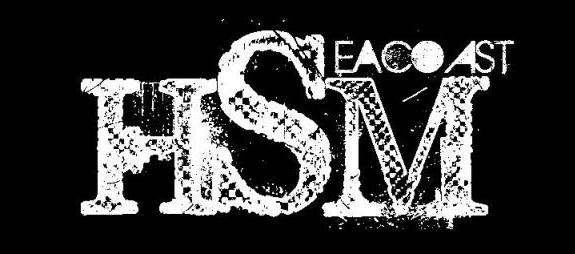Did you know that it's entirely possible for people to know the stories in the Bible and still miss THE Story?
+++++++++++++++
"Jesus isn’t part of the story —
He is the point of the story!"
++++++++++++++++
The Gospel Project for Students helps teens develop a bigger perspective on Scripture and how the story of Jesus Christ ties it all together. Every week, in every passage, students will encounter the gospel through the in-depth study of biblical theology, apologetics, missions, and the grand narrative of Scripture. Because nothing has the ability to transform a teen’s life like the gospel.
As Christians, we hear a lot of talk about the importance of reading our Bibles and memorizing portions of it. But if we aren't taught how to read the Bible, or shown what we're supposed to be looking for as we read, we will miss the point. And the sad thing is that this happens all the time.
This is one of the reasons why we're excited to be starting the Gospel Project in the HSM this Fall. We chose TGP because of a desire to help students not only know the Bible, but to be able to see how all the stories (little "s") actually tell one Story (capital "S").
We're excited about seeing students connect the dots as they trace the thread of redemption from the Old to the New Testament. Ultimately, it's about seeing Jesus! As the dots connect, HE'S the picture that we see. And seeing Jesus is what changes us!
In the coming weeks and months, we'll be posting all kinds of resources that make for a great companion with TGP material. Everything from articles & blogs to tweets, podcasts, and links will be made available right here on the blog!



